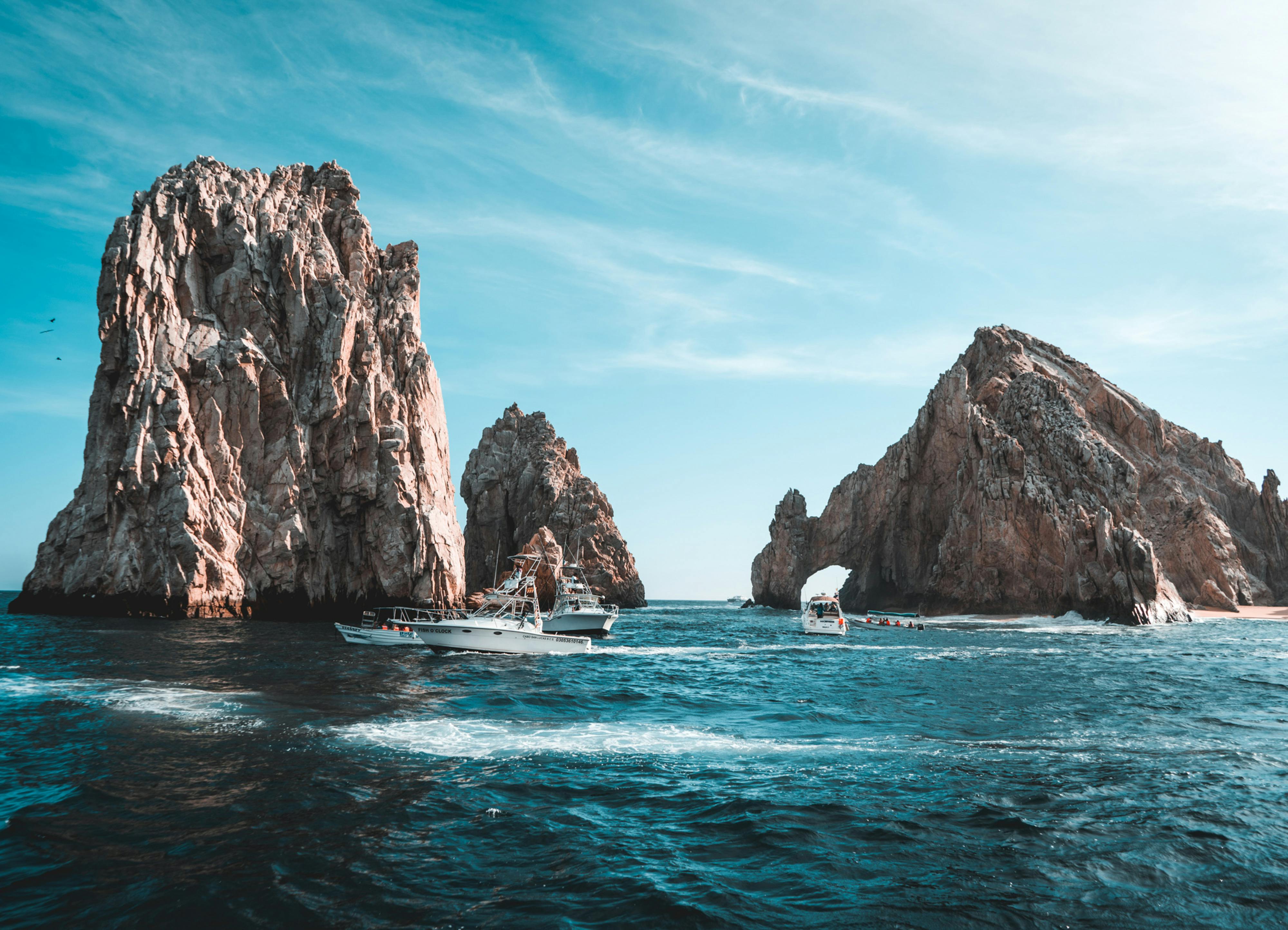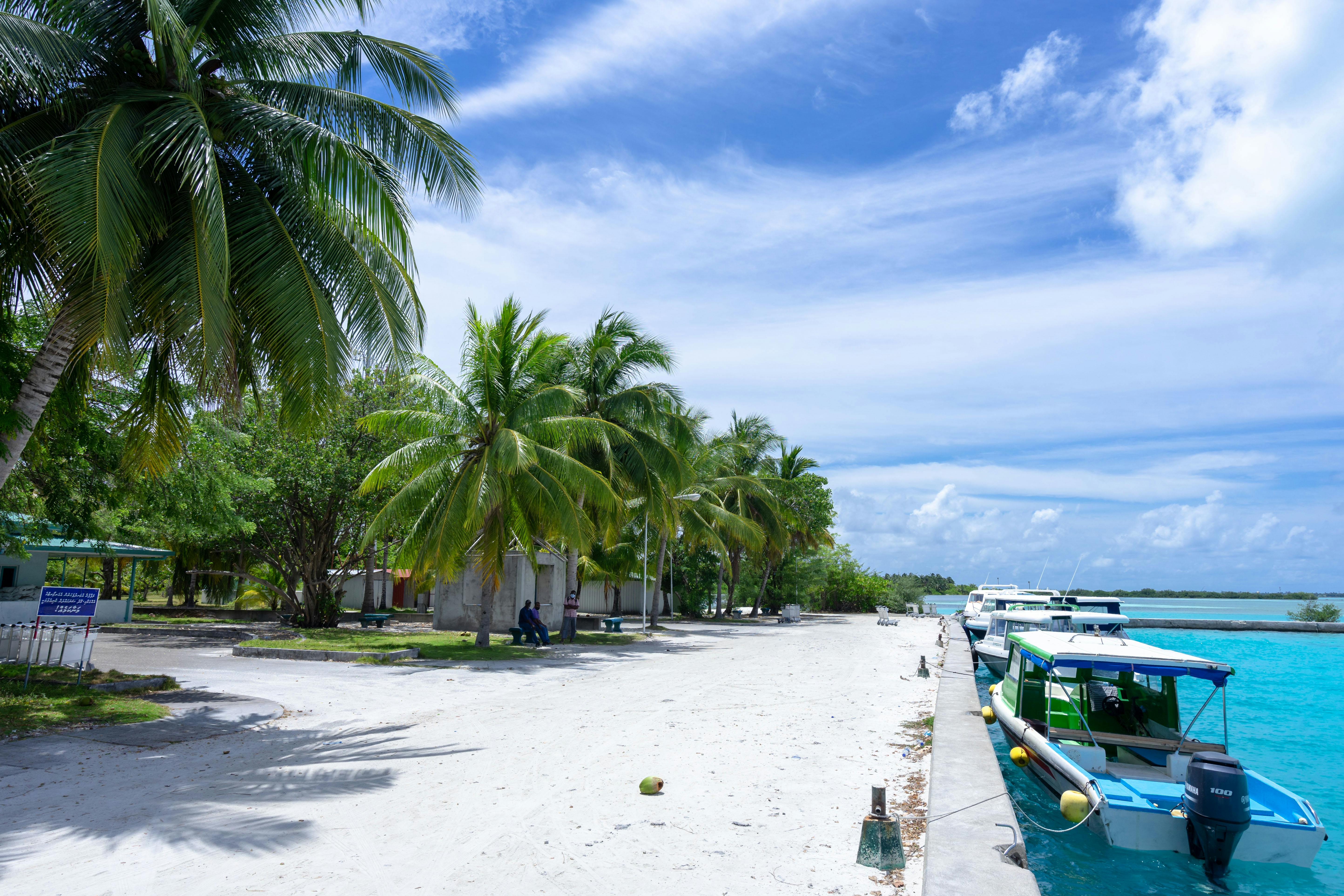Frequently Asked Questions

REAL ESTATE IN MEXICO
Frequently Asked Questions
Like everywhere else in the world, Mexico has its own administrative processes for the purchase of real estate.
This process is not difficult nor is it simple, but it is a process where you need to be sure that a professional real estate agent in Mexico will keep you informed and give you unbiased advice.
Where is it located?
What is the Restricted Zone?
Here in the coastal area of Playa Del Carmen, Cancun or the Riviera Maya we are in the restricted zone. The restricted zone is the territory from the coast of Mexico up to 50 kilometers (30.5 miles) inland, or from the border of Mexico with other countries up to 100 kilometers (61 miles) from it.

Why?
After a history of invasions, wars and loss of territory, Article 27 of the Mexican Constitution was created in 1917 to protect Mexico from foreign intervention and invasion.
Its purpose was to prevent foreign interests from buying strategic coastal and border areas of the country. While today the danger of foreign attack is minimal, this law remains a fundamental chapter of the Mexican Constitution.
Today, the restricted zone is merely a legacy of Mexico’s culture and history and not a tool to prevent foreign investment in Mexico. To reinforce this message, Mexico’s Foreign Investment Law (enacted on December 28, 1993) was created to protect the rights of foreigners in the restricted zones and ensure the safe and legal purchase/acquisition of real estate.
Throughout the Mexican Caribbean coast, foreigners can purchase real estate, but the Mexican Foreign Investment Law requires them to do so through a trust.

Can foreigners buy real estate in Mexico?
Yes, anyone of any nationality can legally buy real estate in Mexico. Many people receive erroneous information or think that this is not the case due to the existence of the so-called «restricted zones» (formerly called «prohibited zones»).
restricted zones» (formerly called «no-go zones»).
There are several methods to purchase property in Mexico.
First, outside of this restricted zone foreigners can legally acquire any type of real estate by simply paying a fee.
Second, for non-residential properties, foreigners may acquire real estate through Mexican corporations (and, under certain conditions, these corporations may be 100% foreign owned).
The two primary conditions are that the foreigners agree to be governed by Mexican law, and that the property be registered as non-residential with the Secretary of Foreign Relations. This applies to real estate both inside and outside the restricted zone.
Third, within the restricted zone, for residential real estate, the acquisition must proceed through a trust.
What is a trust?
The purchase for foreign clients is carried out through a fideicomiso, which is basically a contract between the bank and the foreign buyer, which states that the bank is the legal representative of the buyer in Mexico. The buyer has full power over the contract and full possession of the unit.
The law dictates that any property on the coastline (50 kilometers) in Mexico can be acquired by a foreigner through a fideicomiso. This is a very simple process, which costs approximately $2,500 US for the first year and approximately $520 US per year thereafter. The cost covers taxes, notary fees and bank services. This fideicomiso payment is made when the unit is deeded, which is when the apartment is delivered and possession is taken.
If you are familiar with trusts in the United States you will see that Mexican trusts are very similar. Simply put…the title to the property is registered in the public registry. It will stipulate that the bank created the trust and that the foreign buyer is the beneficiary (owner of the property).
The trust contract is formalized by the issuance of a permit from the Ministry of Foreign Affairs. The foreign buyer is designated as beneficiary in the trust and the beneficiaries rights are registered in the public registry by a Notary Public.
The beneficiary has all the rights without restriction as any owner of the property: he/she can use, have possession, rent it, live in the property, make modifications, will also have the capacity to instruct the bank to mortgage the property, sell it, transfer the benefits to another person and any other act within the law, which derives from being the owner of a property. If the foreigner sells the property to another foreigner, he may assign his interest to the new buyer.
This assignment of rights must be formalized before a Mexican Notary Public, prior to the payment of federal and local taxes arising from the transfer of the beneficiary’s rights. The foreign owner will have the obligation to pay the land rights, for example: the annual payment of the property tax, condominium maintenance fees, water, electricity, annual Trust fee, etc.
How long does a trust last?
Normally a trust is established for 50 years and can be renewed for an additional 50 years.
In fact, trusts can be renewed at any time by application.
Another erroneous belief and concern is that after 50 years the properties in the trust pass to the authorities, which is not true.


Can I inherit my real estate in Mexico to my friends or relatives?
The beneficiary has the right to appoint a substitute beneficiary(ies) who will receive all the rights and obligations arising from the trust agreement, in case the beneficiary dies during the term of the Trust.
With this substitute beneficiary designation, your heirs do not need to follow any probate proceedings before the Mexican courts, which could take time and attorney’s fees. You would only have to give notice to the bank about the deceased, show the death certificate and your official identifications.
Then, the bank will instruct the notary public to notarize the documents with the consequent action of registering the new owners (beneficiaries) of the property in trust.
How safe are Mexican banks and can I trust the trusts?
Yes. The Mexican bank has a fiduciary responsibility to act in the best interest of the beneficiary… under penalty of law. The bank will simply hold the deeds to the property in your (or your beneficiaries’) name. You as beneficiary have the ownership rights to the property. You can sell, lease, rent, build or do anything else that a legal owner of property in Mexico can do (obviously, you must obey building and zoning regulations).
Many large and respectable U.S. and international banks such as GE Capital, ScotiaBank and Santander Serfin, among others, have been and continue to be the big players in Mexican trusts.
What does a Notary do? We have heard that we should use one.
The Notary Public plays an important role in the sale and purchase of real estate, much more important than in most countries. The governor of the state designates the notary public as responsible in the execution of several key aspects of the transaction, such as authentication of legal documents, title and deed searches (for liens or other legal and financial matters), tax collection, building permit reviews (if applicable), calculation of capital gains taxes, etc.
The notary is basically responsible for ratifying real estate transactions; therefore, if the property transaction takes place without a notary and is not recorded in the public registry, then it is invalid, placing the buyer in a position where he or she may lose the property without legal recourse.
What is the typical purchasing process like in Mexico?
Generally speaking, the real estate transaction process «closes» once the seller accepts a written offer to purchase and both the seller and buyer sign a purchase and sale contract. The earnest money deposit is never more than 5% of the price offered by the real estate company.
Generally, a 10 to 30% deposit is then required to be paid at the time of signing the promise to purchase contract.
promise of purchase-sale contract is signed. Normally, developments and pre-sales request a deposit of 30% or more, while for re-sales the deposit will be less. The remainder is normally paid at the signing of the deeds before the Notary.
If you are dealing directly with the seller, it is strongly recommended that you seek the guidance of a lawyer or real estate agent before signing any contract or exchanging money (especially since legally binding contracts in Mexico will be in Spanish).


How are closing costs calculated and who pays for them?
Closing costs are determined by the sales price. The value becomes the basis for all applicable taxes and fees.
In general, the buyer is responsible for the transfer tax and the cost of establishing the Trust (if not already in existence), notary fees, recording fees, appraisal tax fees and trust permit fees.
The average total cost of the buyer’s closing is approximately 5% to 7% of the purchase price. In Mexico the commission for brokerage services in real estate transactions are charged to the seller, so we highly recommend always dealing with a local expert.

